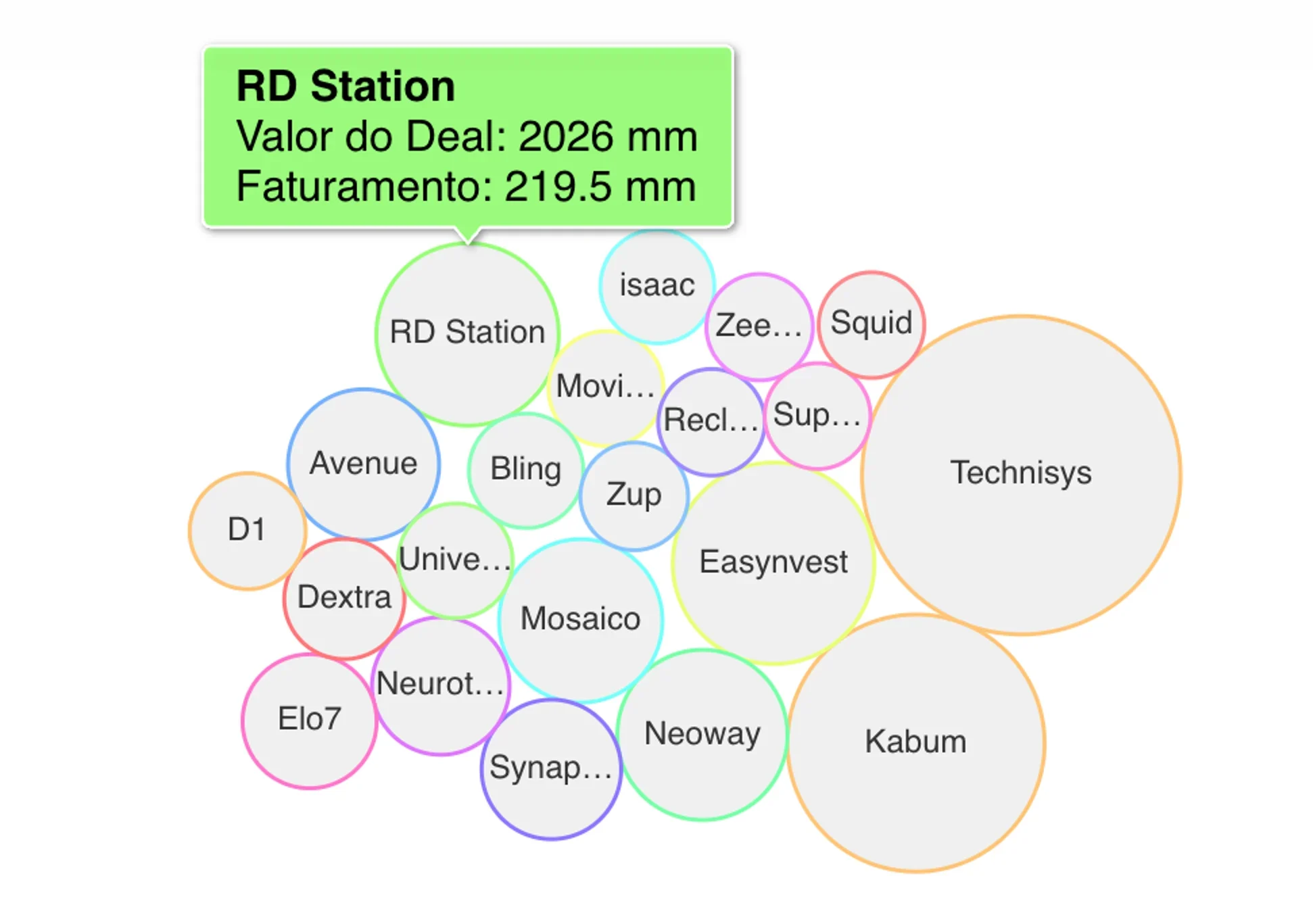Do Valuations Matter in LatAm?
A low valuation won’t get me to invest in a deal, but a high valuation absolutely can get me to walk from a deal.
| ||
Valuations in the VC world are a topic of significant discussion and debate. As a Venture Capitalist myself, I understand the importance of valuations and how they can impact investment decisions. | ||
We've already had some intense discussions in our partnership at SaaSholic about this topic. I thought it would be worth it to organize my ideas as we explore different perspectives on the valuation topic, keeping in mind that there's no one-size-fits-all approach in the VC world. | ||
Valuations Matter, But It's Not Everything | ||
Valuations are undeniably important in venture capital. The industry is driven by a power law, where a small number of companies generate most of the profits. However, relying solely on extremely rare $1B+ exits in LatAm might be too dependent on luck. An attractive company may not always be an attractive investment if the valuation is too high. | ||
On the other hand, getting into the right companies with potential for large exits is crucial for achieving venture returns. The spread between valuations for "cheap" and "expensive" companies can be smaller than the return multiples from outliers. Having just said that, it is paramount to have a clear valuation strategy and stick to it while being open to thoughtful exceptions. | ||
Some funds (seriously) don't rely on unicorn potential companies in their portfolio construction in order to deliver the very same top decile fund returns as others do, and it's ok as long as you are convicted of your strategy. | ||
| ||
Factors Driving Valuations | ||
Valuations carry valuable information about a company, investor demand, and the overall market. They are driven by investors' willingness to pay, competition among investors, demand for companies of similar quality and market, as well as other factors like team and technology. Different funds may triangulate various drivers of valuations, including company factors, market comparisons, and fund model considerations. | ||
Are Valuations Efficient? | ||
Valuation negotiations are an essential aspect of VC investments. Lead investors often set valuations in negotiation with founders, and follow-on investors invest at that valuation. The market is relatively efficient, with founders converting positive signals about themselves and their companies into higher valuations that capture most of the boon from those signals. | ||
Valuations can vary within a relatively narrow range, and venture "alpha," if it exists, is typically found in overlooked places. Investors need to have a point of view on valuations and whether they align with the market's perception of a company's worth. | ||
Valuations and Venture Returns | ||
As a VC, driving venture returns is a primary responsibility. This depends on various factors, including the check size, entry valuation, and potential follow-on investments. Higher valuations can cut fund returns if they lead to minimal ownership in promising companies. Fund managers should consider entry prices' impact on their portfolio returns + dilution from subsequent rounds and carefully assess whether valuations align with long-term investment goals. | ||
Bear in mind that a single new VC deal should have the potential to return the entire fund in its best-case scenario. Once you have this frame in mind, it's time to take a closer look at current exit values in Brazil. It's damn difficult to achieve such a milestone, and every VC should aim for the exceptional, outsized returns in portfolio construction. | ||
| ||
Different Approaches to Valuations | ||
Experienced fund managers take diverse approaches to valuations. Some prioritize ownership targets and are willing to be flexible with valuations as long as they secure a place on the cap table. Others back-solve valuations from desired exit values, ensuring each investment has the potential to return the fund. While valuations are essential, some managers prioritize getting into the right companies, recognizing that power law returns dominate venture capital. Each manager's strategy may vary based on their fund size, stage focus, and investment philosophy. | ||
Striking the Right Equilibrium | ||
Valuations matter, but they are not the sole determinant of success in the VC world. As a fund manager, striking the right balance between ownership targets, investment conviction, and the market's pricing signals is crucial. While having a clear valuation strategy is important, it is also essential to remain open to the nuances of each investment opportunity and be ready to adjust your approach when necessary. | ||
I hope you've enjoyed reading this piece. Let me know yours thoughts about it on w@saasholic.com, I'd be happy to engage in some thoughtful discussions on this topic. | ||
¹ Source: Exit in Public (Brazilian Exit values from 2015 to 2023 in BRL). |


